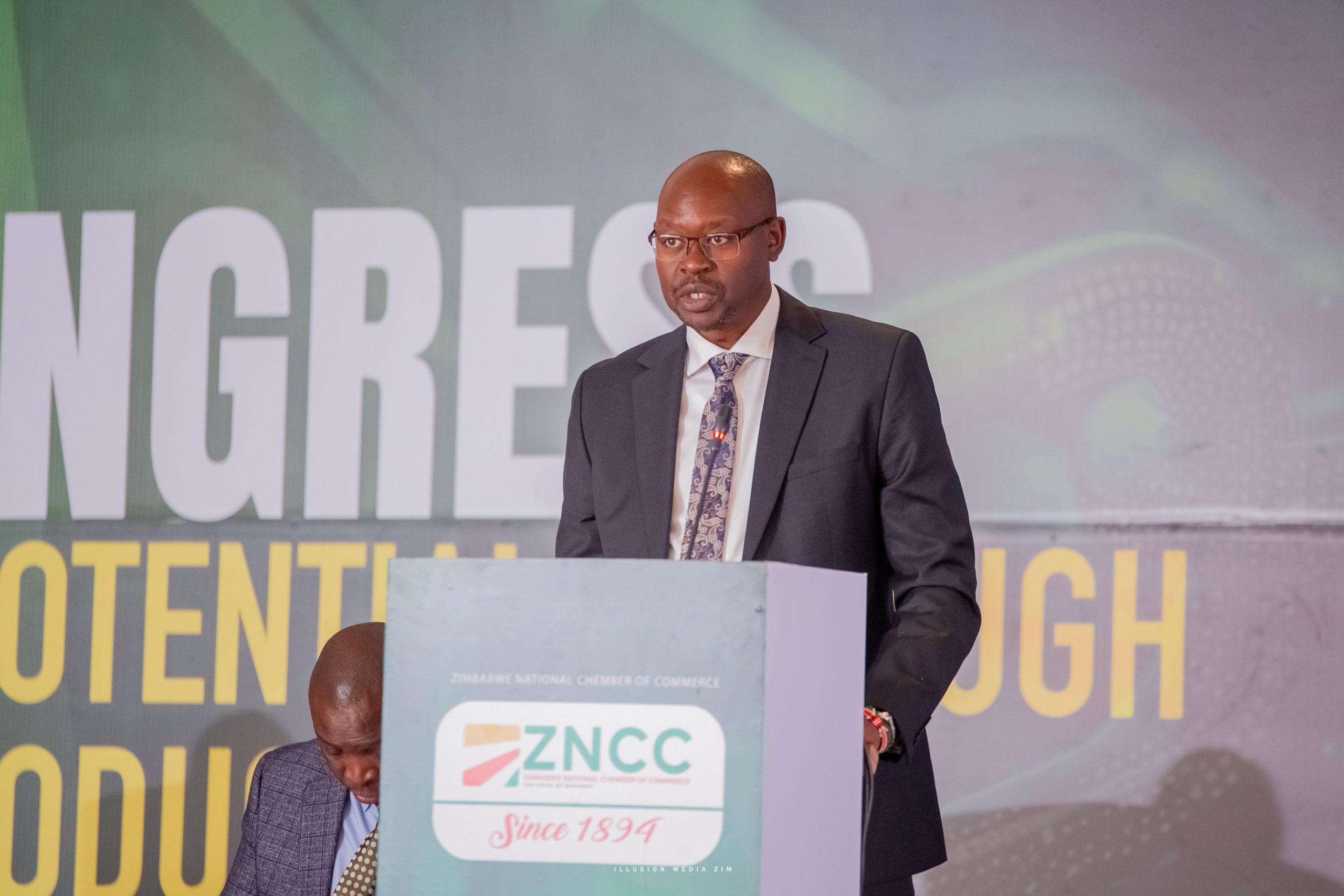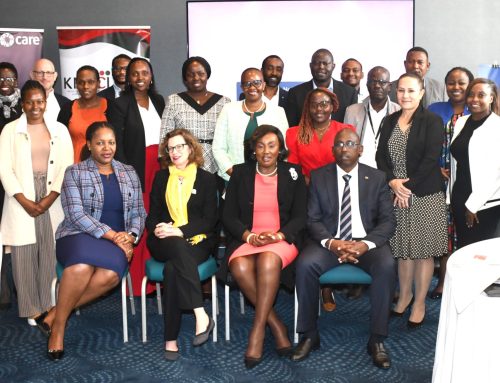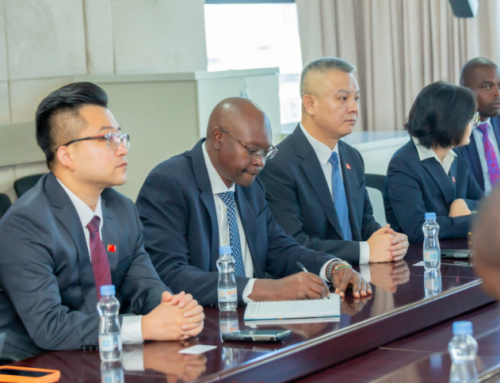During a recent panel titled “The Road Ahead for AfCFTA Implementation in Zimbabwe: Prospects, Plausibility, and Propositions,” Chamber President Dr. Erick Rutto outlined Zimbabwe’s position and potential in the African Continental Free Trade Area (AfCFTA).
Zimbabwe ratified the AfCFTA in May 2019, becoming one of the early adopters. However, it did not complete the necessary domestic legal frameworks—such as tariff schedules and rules of origin—by the time the AfCFTA’s Guided Trade Initiative (GTI) concluded in January 2024. Drawing from lessons of other pioneer countries like Kenya and Ghana, Dr. Rutto emphasized the importance of infrastructure, digital customs systems, political commitment, and private sector readiness.
He highlighted the immense opportunities AfCFTA offers Zimbabwe: access to a 1.4 billion-person market, export diversification beyond minerals and tobacco, industrial development through regional value chains, job creation, and enhanced SME participation. Zimbabwe’s strengths include an educated workforce, strong agricultural and textile sectors, established Special Economic Zones (SEZs), and alignment of national strategy (NDS1) with AfCFTA goals.
However, challenges remain. These include customs inefficiencies, low SME awareness, limited industrial capacity, and currency volatility. Dr. Rutto emphasized that while AfCFTA implementation is plausible, it requires coordinated action.
Key proposals included finalizing domestic AfCFTA instruments, selecting high-value export products, upgrading trade infrastructure, enhancing SME capacity, and forming a national AfCFTA implementation committee.
Dr. Rutto concluded that Zimbabwe has the potential to become a key player in Africa’s economic integration if reforms, infrastructure, and private-sector alignment are prioritized.







Leave A Comment